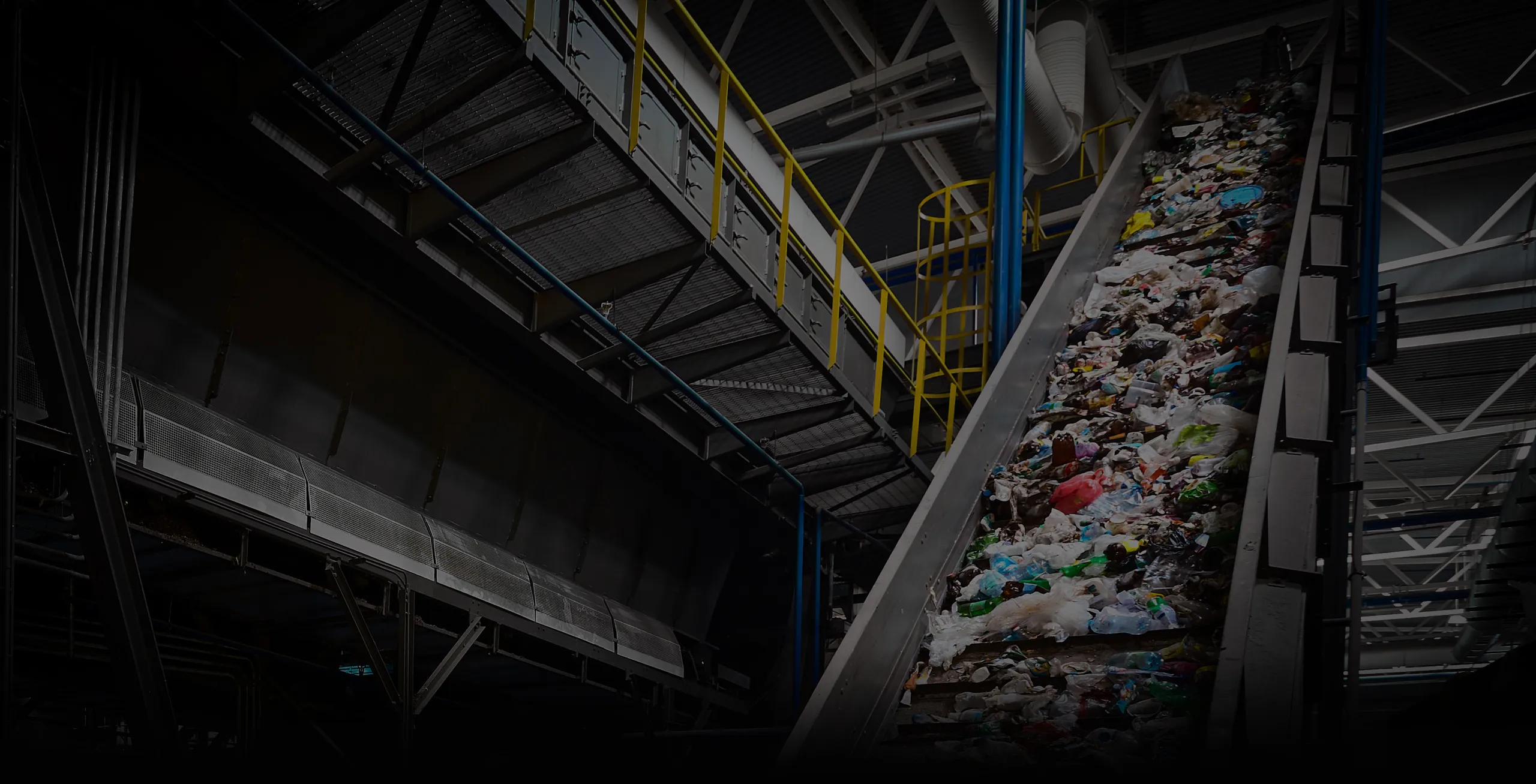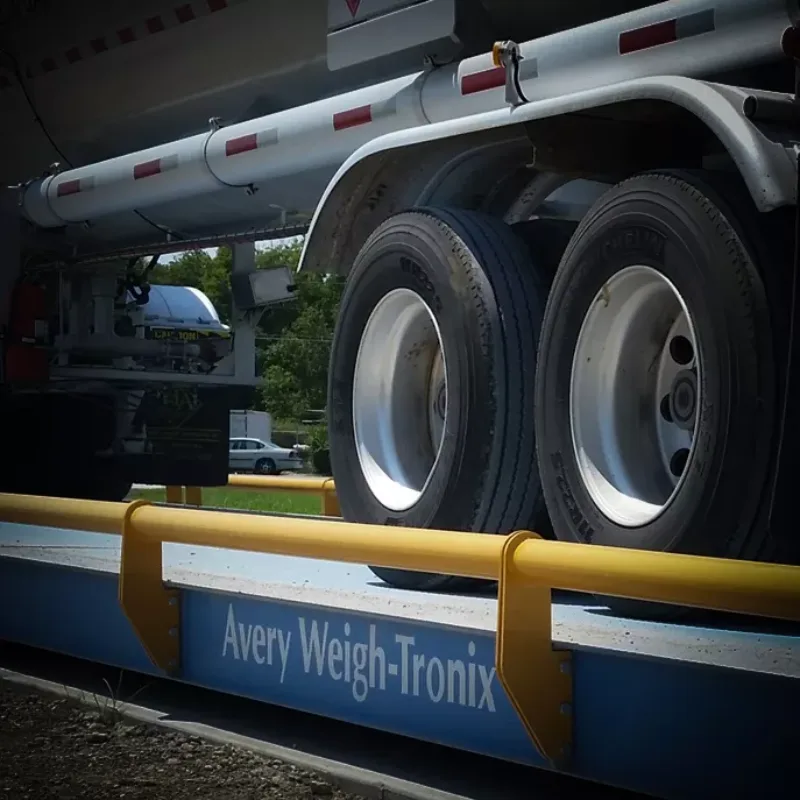Incoming truckloads of waste are usually weighed upon arrival at the waste transfer site. Our truck scales are built for use in tough environments, and can be paired with weight indicators, software, and traffic management systems to improve site efficiency and provide the data required to charge by weight.
When waste is transferred from smaller refuse collection vehicles to larger transportation vehicles, it is often weighed again to verify load weights and ensure vehicles are not overloaded, complying with transportation regulations.










